Column
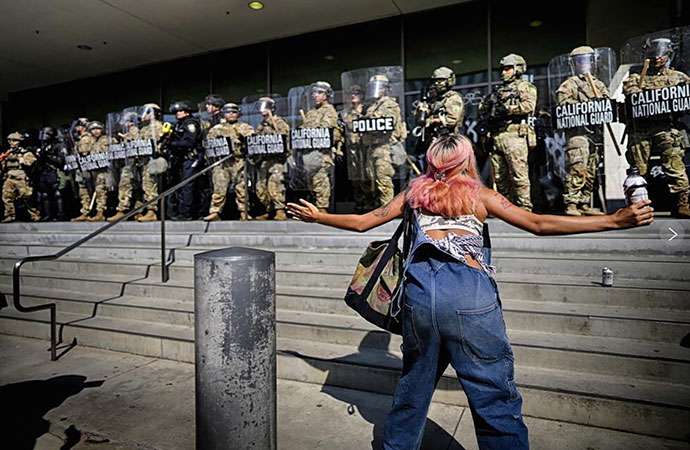
President Donald Trump has deployed California National Guard troops to Los Angeles to respond to immigration protests, over the objections of California Gov. Gavin Newsom. Photo: AP/UNB
The Los Angeles riots this week that resulted in the US Marines and the National Guard being deployed have a familiar ring to them. The protests revealed that the carefully-constructed edifice of law and order that survives in peacetime evaporates the moment something occurs to challenge the customary rituals of normalcy. In this particular case, protesters took to the streets against the Trump Administration's hardline approach to illegal immigrants.
However, the protesters were not uniformly motivated. According to a report that appeared on CNN, "the protests appeared divided into separate groups: progressive citizens who felt called to defend the rights of the undocumented, and protesters who appeared determined to drag the city into violent chaos". According to Unión del Barrio, an organisation that defends the rights of Mexican and indigenous people in the United States, the Los Angeles community has "the moral authority and universal right to defend our people from kidnappings and family separation. What has happened these days weren't acts of vandalism or crime, they were acts of resistance against a government that is kidnapping our fathers, our mothers, our wives, our husbands, our children".
However, a police official cited in the CNN report distinguished between peaceful protesters who had appeared during the day and those who had stoked violence at night. He said: "When I look at the people who are out there doing the violence, that's not the people that we see during the day who are legitimately out there exercising their First Amendment rights to be able to express their feelings about the immigration enforcement issue."
So, who were the night rioters? I have no way of knowing personally, but the black-Latino underclass companionship proclaimed in gangsta rap comes to mind as I look with dismay at what is happening in Los Angeles. Rap is poetry shorn of its customary lyrical association with high culture. Rap music conveys the perfect rhythm of discordant times. Gangsta rap is a type of music that features aggressive macho lyrics, often with reference to gang violence directed against figures of authority, primarily the police. Instinctively, I condemn the violent impulses of gangsta rap, but my condemnation means nothing. Gangsta rap exists, as much as I do.
One of the defining motifs of gangsta rap is conveyed in "Gangsta's Paradise", sung by the American rapper Coolio in 1995. What makes the song a masterpiece is its portrayal of ethnic underclass alienation from white power structures that leads to participation in violent counter-cultures whose consequences are imminent incarceration or untimely death.
Here are some lines from the song. "You better watch how you talkin' and where you walkin'/ Or you and your homies might be lined in chalk/ I really hate to trip, but I gotta loc/ As they croak, I see myself in the pistol smoke/ Fool, I'm the kinda G that little homies wanna be like/ On my knees in the night, sayin' prayers in the street light." The street features again, for it is but home to the brutalised creatures of the dark: "I can't live a normal life, I was raised by the street/ So I gotta be down with the hood team/Too much television watching, got me chasing dreams." Addressing the ideational apparatus of the state and its defenders (from politicians to poets, I may add) the poet writes: "They say I gotta learn, but nobody's here to teach me/ If they can't understand it, how can they reach me?" Indeed so. However, the song contains its own counterpoint in the haunting repetition of the lines: "Tell me why are we so blind to see/ That the ones we hurt are you and me?"
Who is "we"? Superficially, "we" means whites, the guarded guardians of the American state. But look (or hear) deeper into "Gangsta's Paradise", and the "we" expands from an exclusive rejection of mainstream whites who refuse to understand marginalised blacks or Hispanics (because to do so would undermine their privileged existence) to an inclusive indictment of all those who are implicated in the structural inequality that relates each community to every other, whether institutionally or informally. In that context, even the violence directed against the everyday emblems of the white state - government buildings, parked cars, shopping malls, office-workers and even passing pedestrians - so as to destroy the illusion of normalcy, ends up hurting victims along with others.
That is because there is such a thing as community, and the community is not determined solely by power but by custom as well. Custom, unlike contract, demands that people relate to one another as historically-derived and contemporaneously-placed individuals, not as atomised beings who are nothing more than legal entities in a system that was itself devised and is sustained by political power.
It with customary grace that the young white woman, whose question about subaltern existence sparks the song in the "Gangsta's Paradise" video, concludes the video by trying to defend a young man being hauled off by the police and then by bringing the liberating joy of education to non-white minors in school.
There are no victims in real peace. By contrast, victimhood defines violence. Who knows how many small stallholders were hurt by the mob violence in Los Angeles? If they were white, had they helped a black neighbour once? Had they smiled at a Hispanic child? Had they heard "Gangsta's Paradise" and agreed that saying prayers in the street light brings mortals closer to God than even His worship in the grandest of religious edifices?
America must heal after this.
The writer is Principal Research Fellow of the Cosmos Foundation. He was a Fulbright visiting scholar at Harvard University in 2006. He may be reached at epaaropaar@gmail.com









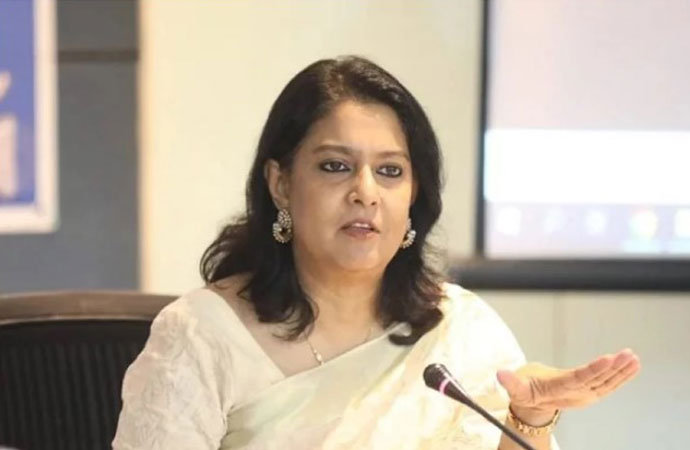
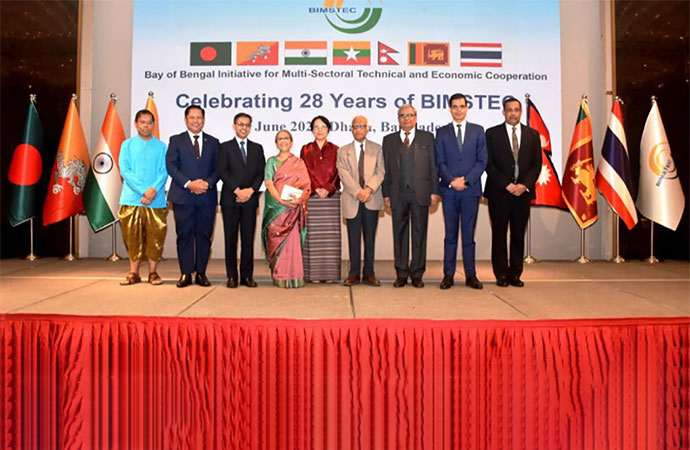




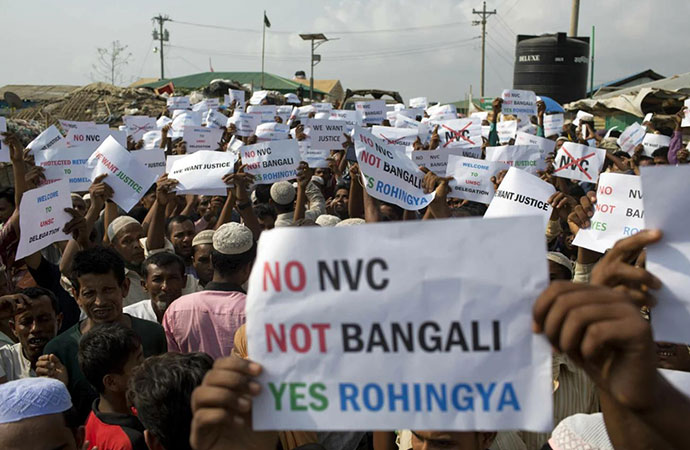



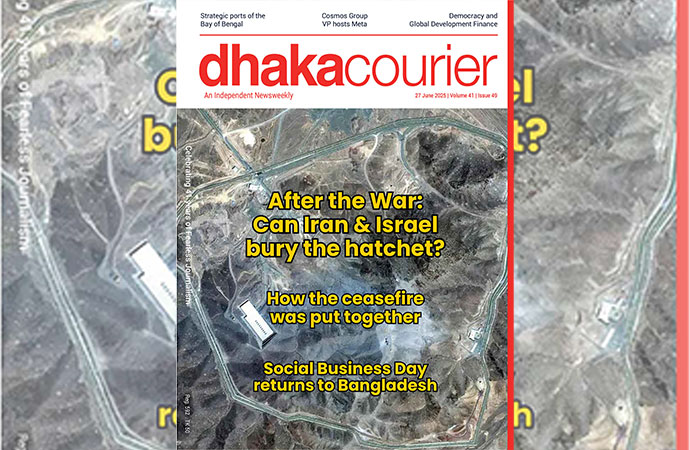
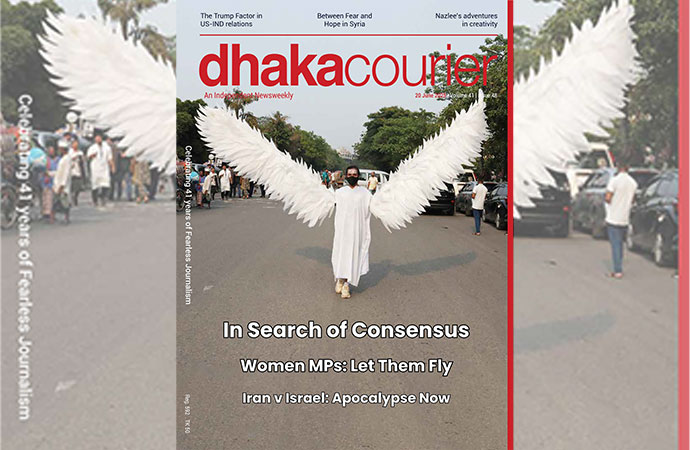
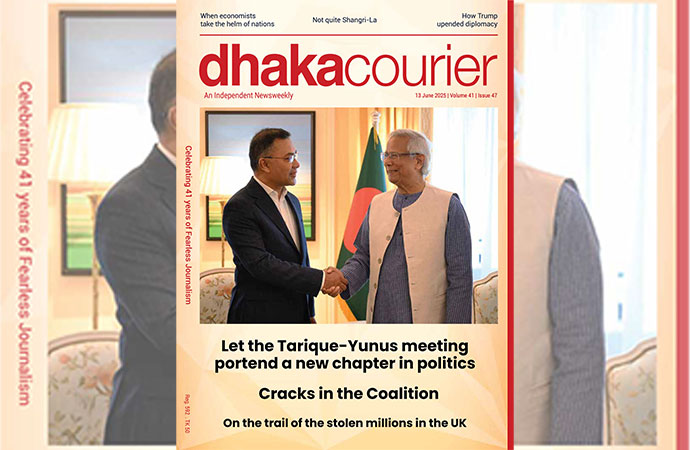
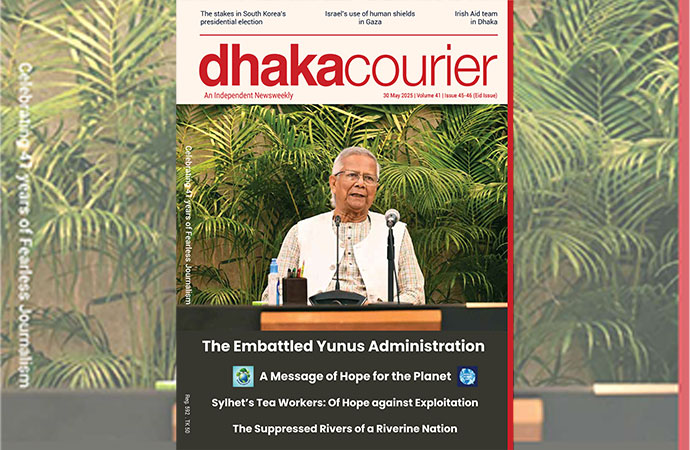

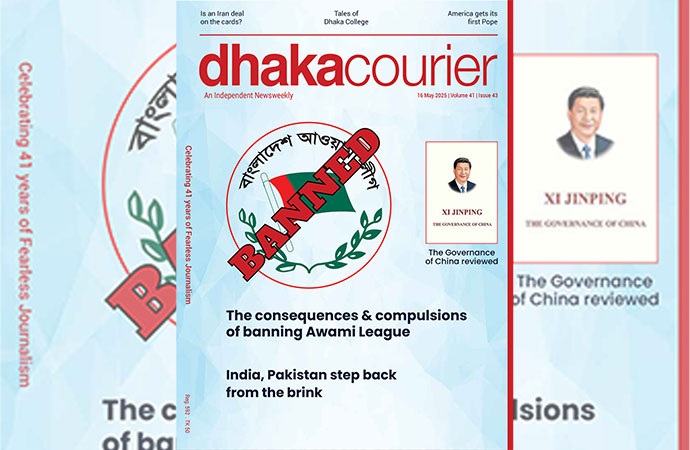
Leave a Comment
Recent Posts
Cosmos Group VP Nahar Khan hos ...
A visiting delegation from Meta, the parent company of Facebook, Insta ...
Break the gloom, build a bette ...
Emphasising the transformative power of social business and its strong ...
‘Mobocracy’ must not prevail
The US Supreme Court allowed the Trump administratio ..
Germany dependable partner in our development journe ..
15th edition of Social Business Day: Prof Yunus to j ..